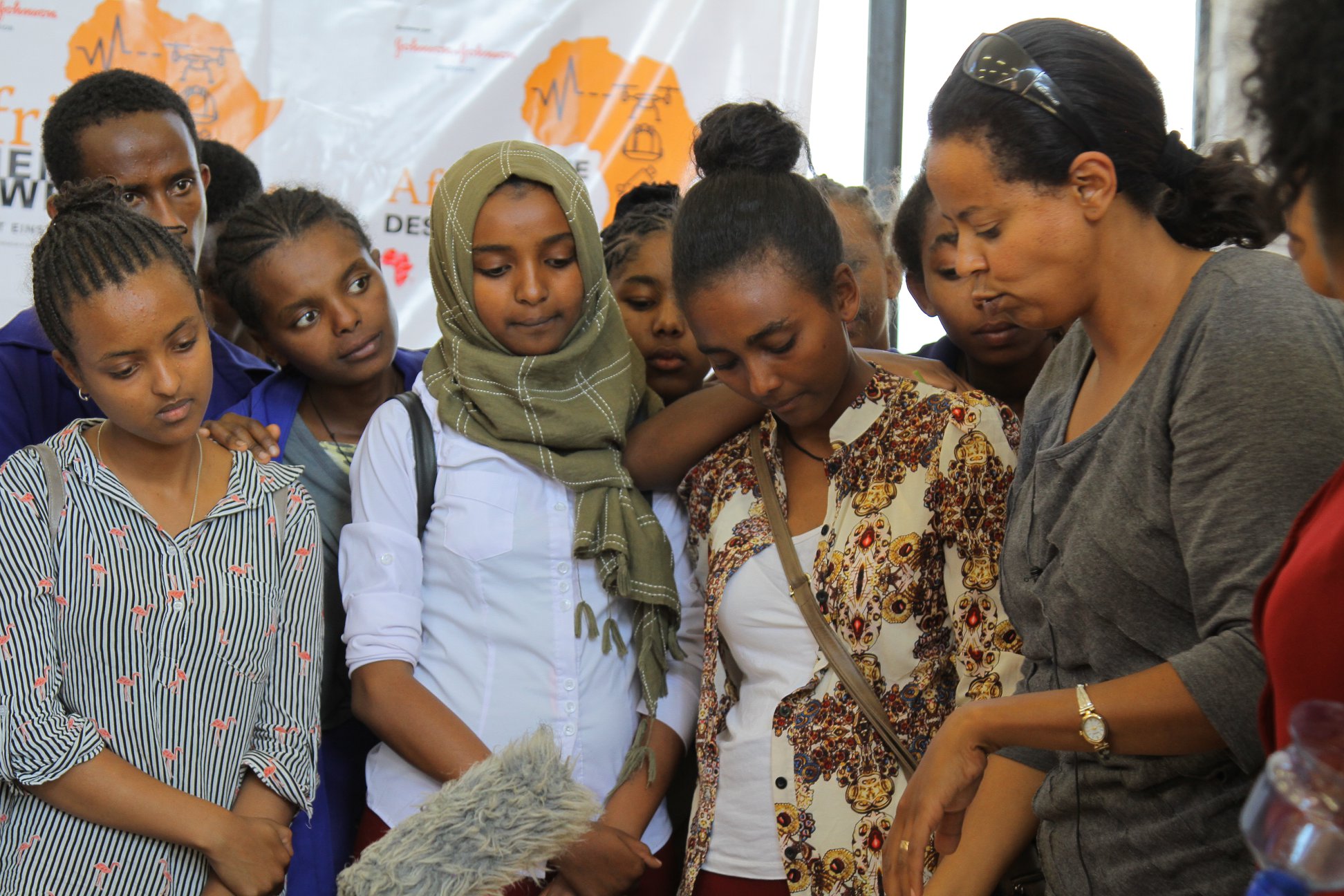
The second webinar in a series addressing opportunities and challenges for teachers in Sub-Saharan Africa was organized by the KIX Africa 19 Hub and UNESCO’s International Institute for Capacity Building in Africa (IICBA) on September 14th, 2023. The webinar, "Teachers in Crisis and Emergency Contexts: Challenges and Promising Practices in Africa," aimed to identify practices for teachers in these challenging environments, where approximately 54% of crisis-affected children in the world reside.
Speaking to an audience of 168 participants, speakers highlighted experiences from across Eastern Africa. Providing the keynote speech, Dr. Kebede Kassa Tsegaye of the Intergovernmental Authority on Development stressed the importance of involving national, regional, and international partners right from inception to completion to maintain regional commitment, country-level ownership, and individual and collective leadership.
The panel session showcased World Vision Kenya's efforts to enhance education in emergency settings through capacity building, innovative models, and coaching and mentoring for teachers' continuous professional development. Initiatives in Uganda from Windle International involve upgrading teachers' qualifications to align with national policies, joint supervision for performance assessment, and clinical supervision integrating ICT.
In terms of well-being, participants learned how the Kiryandongo refugee settlement in Uganda emphasizes practices such as teacher induction, participatory management, flexible teaching methods, and community involvement. The Inter-agency Network for Education in Emergencies also shared its work with participants, underscoring the importance of prioritizing teacher well-being as a goal, offering training packages that focus on mental health, safe working environments, and teacher agency. Participants were also introduced to the International Task Force on Teachers' new module on crisis-sensitive teacher policy and planning, addressing recruitment, education, employment conditions, and information sharing.
Post-panel discussions delved into critical issues such as teacher turnover, security crises policies, and pay disparities for science teachers, proposing solutions like government takeover of coding schools, context-specific policymaking, and advocacy for equitable pay. Takeaways highlighted the profound impact of crises on teachers and the crucial need to support teacher qualifications, leadership, and well-being in crisis-ridden settings to ensure quality and equitable education.
See the whole webinar here: Teachers in crisis and Emergency Contexts: challenges and promising practices in Africa.
